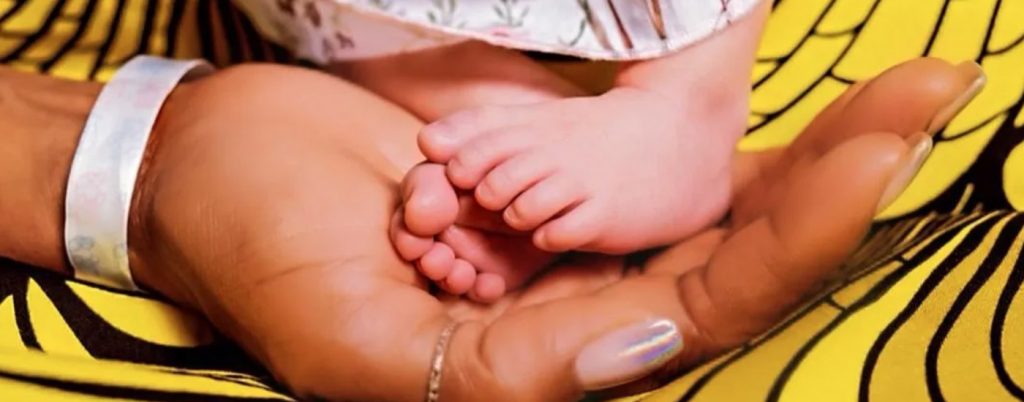It often takes a celebrity to alert us to a long-term societal change. Somehow things seem more ‘real’ when they happen to someone we don’t actually know, but there it is.
Cue Naomi Campbell and her motherhood announcement in May this year. At 50 she announced Baby X (Baby’s name still hasn’t been shared by Ms Campbell) had arrived. There has been some conjecture whether Naomi’s baby is a surrogate, the result of IVF or an adoptee, but that’s not really anyone else’s business, nor the point of this discussion.
What does matter is that Campbell’s announcement has highlighted a demographic change which will have deep significance for generations who follow. In fact, not one change, but a confluence of multiple factors.
Factor one is the worldwide decline in the number of births for all maternal age groups under 40.
And then that the fastest growing group of new mums is those aged over 40.
Overall the world is experiencing a rapid decline in birth rates. We saw this first in Japan, but now it’s spreading at a ‘jaw dropping’ rate according to the BBC, with 23 nations expected to see their populations halved by 2100. One region in China has experienced a drop in births by 21% in the past year.
Whoa!
What sense can we make of all of this?
Firstly, it is a demographic trend upon trend upon trend; the direct correlation and causation between urbanisation, modernisation, education and birth-age rates.
As Bradley says, education is proving to be the best birth control.
And many studies do support the theory that women are now preferring to complete, often multi-degree, education first and then follow career dreams, before considering motherhood.
Other factors weigh in – including what seems to be an increasing difficulty for many 30-something females to find a long-term partner (as reported by SBS Australia). And even the lure of too much screen time, hello Netflix (as reported by The Atlantic Monthly).
For older mothers, medical science and advanced technologies can now mean that they will choose their ideal birth age, rather than have it thrust upon them, as our mothers’ generation did. They will also choose whether to parent within a relationship or solo.
Older birth age is not just a developed nation phenomenon. The good news, according to the United Nations Department of Economic and Social Affairs (DESA) is the positive impact of later childbearing across the globe, a ‘rightsizing’ of the world population in fact:
‘In regions and countries where fertility is still high, an upward shift in the ages at which women bear their children would accelerate progress toward the achievement of the Sustainable Development Goals (SDGs), in particular for targets related to reproductive health, education and women’s empowerment. Such a shift would also reduce the future size of the population and shape its age structure in a way that can spur economic development.’
But perhaps the most important talking point about older mothers are the feminist and ageist aspects. There still seems to be a sense of shock that women will now, assisted by science and technology, control their own fertility.
And many observers will opine that a mother aged 40, let alone 50 is just too old to become a first-time mother. That they won’t have the energy or endurance for the challenges to come. That the gap between their generation and that of their child’s is simply too wide to bridge.
These points, of course are entirely subjective and totally unproven.
And just like the genesis of Naomi’s ‘beautiful little blessing’, no one else’s business but their own.

